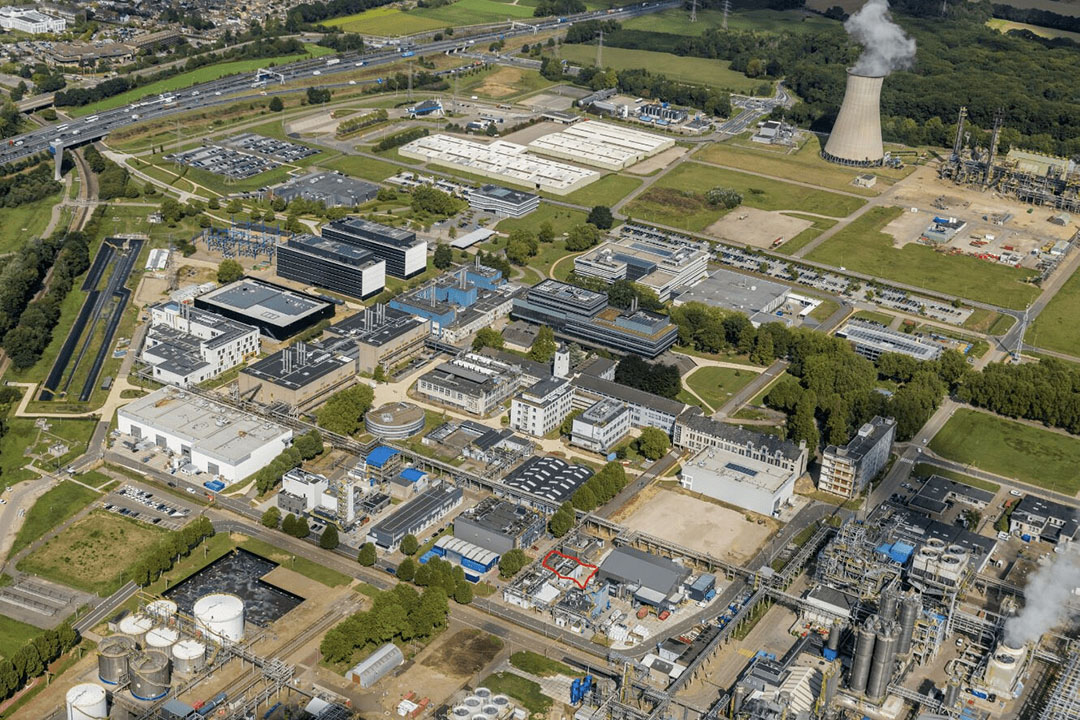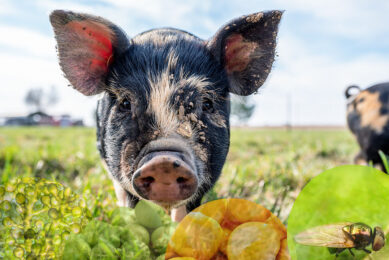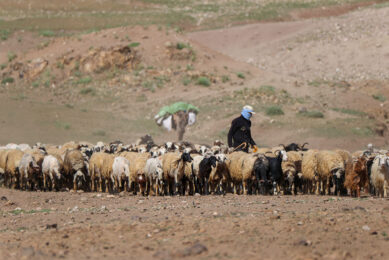Alternative animal feed producer secures funding

A UK biotech company that manufactures animal feed from recycled carbon has just secured € 2.5M funding from Europe to help scale up production.
Founded in 2018 and based in Nottingham, Deep Branch is a carbon recycling company that uses microorganisms to convert CO2 into high-quality products.
Complementing the REACT-FIRST project, the company is turning industrial emissions into novel protein sources for animal feed, and now, with European Innovation Council (EIC) Accelerator funding worth € 2.5 million, the company will be able to produce even more to meet demand.
The funding will go towards building a new facility at the Netherlands-based Brightlands Chemelot Campus, a hub for circular chemistry and chemical processes, which Deep Branch expects to be operational by Q2 2021. The company uses the microbes to convert CO2 from industrial emissions into a new type of single-cell protein, called Proton.
Deep Branch has developed a low-carbon animal feed with a nutritional profile that is comparable with fishmeal, the gold-standard protein source in aquafeed. However, unlike fishmeal, Proton can be produced year-round, reducing the impact of any seasonal fluctuations in price or yield. Peter Rowe, CEO of Deep Branch, said: “In the UK, and in Europe, poultry and farmed fish are usually fed on fishmeal and soy, which is mainly imported from South America and has a huge environmental impact.
We are developing a new, sustainable way of producing animal feed, which reduces CO2 emissions by more than 90 percent, compared to the currently used protein sources.”
“Setting up the pilot plant represents an important next step in finding the perfect recipe for Proton that meets the requirements of feed producers. We’ll be undertaking further trials with BioMar and AB Agri, 2 leading animal feed companies that support the salmon and poultry farming industries.
“Thanks to the EU’s Horizon 2020 research and innovation support, we can expand our production capacity to match the volumes that feed producers need to run these trials.
Brightlands Chemelot Campus is the ideal location for our Scale-Up Centre, and there is a clear alignment between our goals and the facility’s overall ambitions for CO2 recycling and sustainable hydrogen use.”
“The industrial site gives us the ability to scale up quickly and has room for a large-scale production facility as well as the raw materials to create Proton. We have access to everything we need,” he said.

The REACT-FIRST project supported by grant funding from Innovate UK, the UK’s Innovation Agency is the first-of-its-kind. It brings together 10 consortium partners from industry and academia that share a commitment to tackling the global climate crisis and achieving net zero carbon emissions in the food production industry. Extensive research and testing will help the partners to gather valuable data about the cost, digestibility, nutritional quality and carbon footprint of Proton. Working with renewable power company, Drax, as well as a consortium of industry leading partners, the technology has already been proven on a smaller scale.
Deep Branch was one of only 2 UK companies to be shortlisted for the EIC programme.
Join 26,000+ subscribers
Subscribe to our newsletter to stay updated about all the need-to-know content in the feed sector, three times a week. Beheer
Beheer









 WP Admin
WP Admin  Bewerk bericht
Bewerk bericht